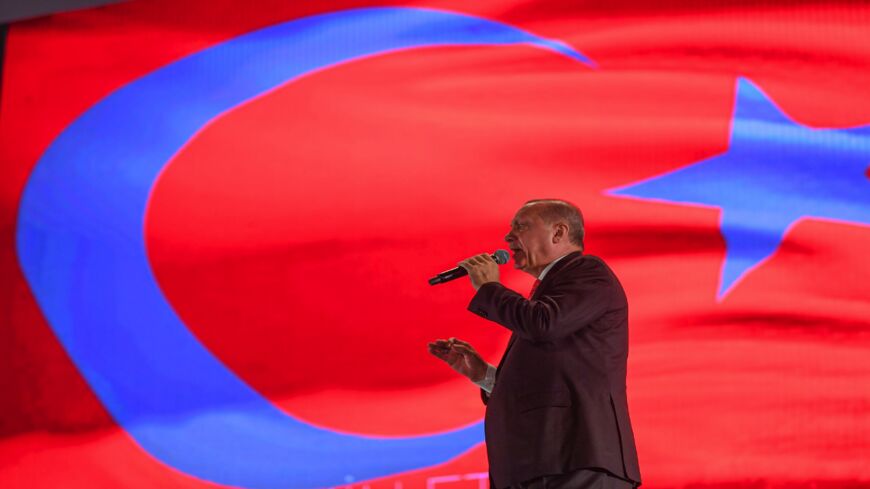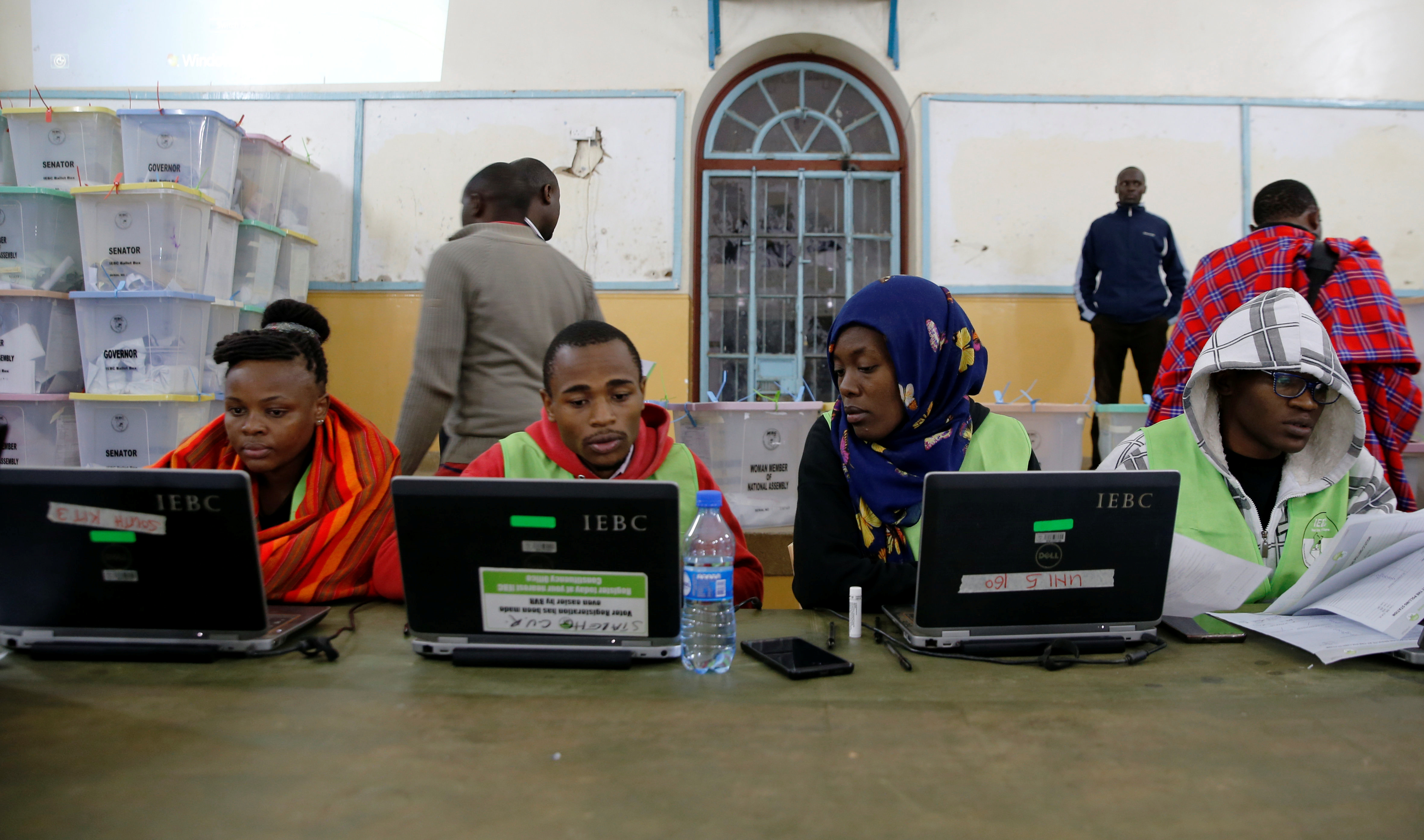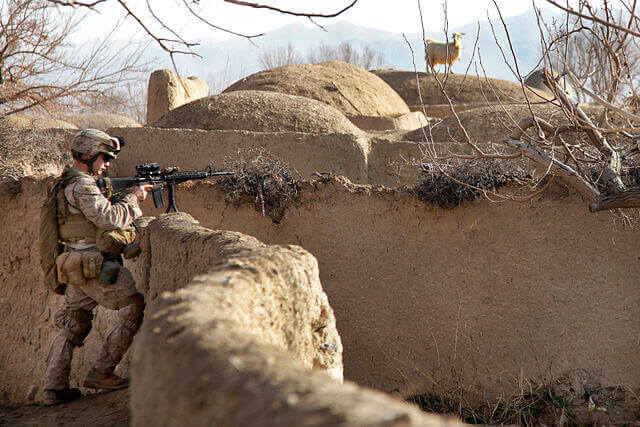As more aspects of our lives move online, we become increasingly dependent on the digital marketplaces that make them possible—the Apple App Store, Google Play Store, online retail platforms like Amazon, and social media sites like Facebook all impact what products and services are readily available to consumers. Such companies, referred to as ‘gatekeepers’ by European regulators, can effectively control what services or apps are available on your phone, computer, or social media platform. This power has led the European Union, through the proposed Digital Markets Act, and U.S. lawmakers, through proposed legislation like the American Innovation and Choice Online Act, to consider new requirements designed to increase competition in digital marketplaces, giving consumers and app creators choices, just as one might have for their car insurance.
While increased competition may be a worthy goal, some of the proposed changes have potential cybersecurity and national security implications. Giving all app makers increased access to core device functions or allowing app installation from unknown or unverified sources creates risks to customers that lawmakers and regulators should consider when considering new rules designed to spur competition. Device makers and mobile platform providers have long been moving to enhance the security of our mobile devices, limiting the ability of apps to access data from other apps, track user locations, and defraud users—poorly crafted competition regulations would undermine these gains.





:quality(70)/cloudfront-eu-central-1.images.arcpublishing.com/thenational/CWEJZZUB7WQXLGVTW3SIUHX7YE.jpg)







/cloudfront-us-east-1.images.arcpublishing.com/tgam/G726GX7AWVPW5ENVCIGN37YSY4.jpg)
/cloudfront-us-east-1.images.arcpublishing.com/mco/UZBC6DZ2SZD4TOEUEGIGSMHFO4.JPG)



